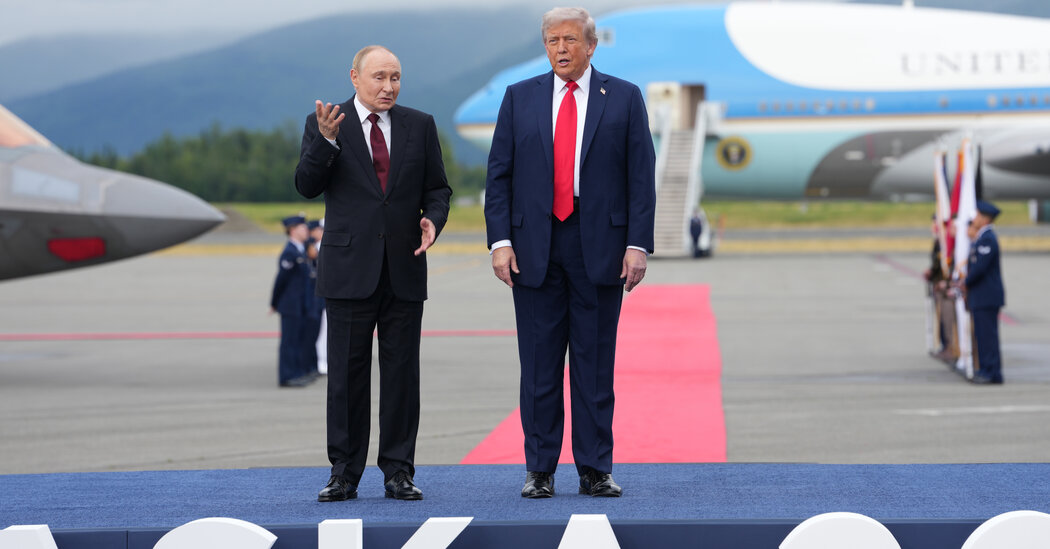Copyright The New York Times

First came President Trump’s scrapping of a proposed summit in Budapest on the war in Ukraine and his imposition of sanctions on Russia. Then came the announcements by President Vladimir V. Putin that Russia had successfully tested two menacing nuclear-capable weapons designed for possible doomsday combat against the United States. The timing may not have been coincidental, analysts say, and Mr. Putin’s point was clear: Given the serious threat of Russia’s nuclear arsenal, the United States will ultimately need to respect Moscow’s power and negotiate — like it or not. It’s a message the Kremlin has relied on in its brinkmanship with the United States dating back to the days of the Cold War, when the Soviet Union regularly emphasized that for the world’s two biggest nuclear powers, negotiation was a necessity, not an option. More recently, Moscow has underscored that attempts to isolate Russia, including with the recent U.S. sanctions on Russian oil producers, were doomed to fail. “What they are trying to say is you cannot just sanction us in any way you please, we are a major nuclear power and you need to engage in talks,” said András Rácz, a senior fellow at the German Council on Foreign Relations. Mr. Trump returned to the White House early this year determined to broker an end to the war in Ukraine. In the days since, Moscow has tried unsuccessfully to turn those talks into a wider negotiation that would encompass business, energy and nuclear matters, looking to strike a “package deal” that could be more beneficial to the Kremlin. Thank you for your patience while we verify access. If you are in Reader mode please exit and log into your Times account, or subscribe for all of The Times. Thank you for your patience while we verify access. Already a subscriber? Log in. Want all of The Times? Subscribe.



